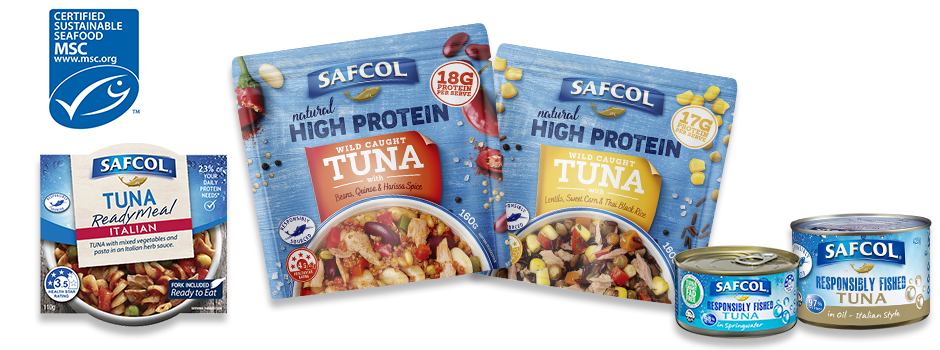by Ashleigh Feltham
Accredited Practising Dietitian and Accredited Nutritionist

There is no denying that when your body goes through menopause there will be some changes. The drop of the sex hormones oestrogen and testosterone creates many changes in your body. One may be the unwanted ring of fat that has decided to make its way around your midsection. This form of fat is called central adiposity and is the most dangerous type of fat as it puts pressure on your organs and increases your risk of heart disease. After menopause women’s risk of heart disease becomes even greater than that of men.
All is not lost if you have added a few kilos around your midsection and there are ways you can shift the weight back in favour of your health. Firstly, movement is key in both aerobic and resistance training. Secondly is your diet. Here are key foods to include to support your health after menopause:
Rolled Oats
A great whole grain choice that sits at a medium GI of 57. These are oats that are steamed and rolled to produce flakes. Half a cup of a serving of whole grains will give your body around 795kJ, 7g of protein, 3.5g of fat, 32g of total carbohydrate and 5g of fibre.
Rolled oats give your body soluble fibre which can help maintain healthy cholesterol levels by binding to the cholesterol in your body. Also, B vitamins in rolled oats are essential to creating energy from the food you eat. Vitamin E is a fat-soluble vitamin that acts as an antioxidant. Iron is needed to help transport oxygen around your body and zinc is needed for immune support. ½ cup of cooked rolled oats is one of your needed 4 serves of whole grains each day.
Seafood
Seafood like Safcol Seafood really is a superfood for many reasons. Firstly, by helping you to achieve and maintain a healthy weight. Studies have reported those who regularly consume more omega-3 polyunsaturated fat in their diet like seafood and less saturated fat had lower levels of the hunger hormone ghrelin. In addition to this, the satiety hormone peptide YY was significantly increased.
Seafood can also help support a healthy heart. There is strong evidence that omega-3 fat helps to increase your HDL cholesterol and lower your triglycerides and LDL cholesterol. It is a star performer to help create your optimal cholesterol levels. Aim for 2-3 serves of seafood a week with a serving being 100g.
Yoghurt
Yoghurt provides your body with a matrix of health benefits including high biological value protein. This means it contains all the essential amino acids our body needs to build protein. Yoghurt is a great source of calcium to keep your bones strong as well as allowing your muscles to contract properly. After the age of 50, your serves of dairy needed each day for health jump from 2.5-4 serves.
Yoghurt also gives your body phosphorous which works with calcium to keep your bones and teeth strong. Also, magnesium is important for regulating your nerve and muscle function and keeping your blood pressure and sugar levels in healthy ranges.
Yoghurt can be a great source of probiotics which are good bacteria that help you to maintain a healthy gut microbiome. Having an optimal gut microbiome supports the health of your body in many ways including improvement to mental health and decreasing your risk of diseases like heart disease and diabetes. 200g of yoghurt counts as one serving of your needed dairy or dairy alternatives serves a day.
Legumes
Legumes are a great alternative to animal meat which can be full of saturated fat. Beans offer not only a good source of protein and carbohydrates but also fibre, folate, and potassium. Potassium promotes healthy blood pressure levels which reduces your risk of heart disease while folate is essential for DNA synthesis and repair.
Legumes give your body a good source of soluble fibre. This is the type of fibre that acts as a bulking agent to make your poo comfortable. It slows how quickly the carbohydrates you eat are broken down. This not only keeps you feeling fuller for longer but prevents the unwanted spike in your blood sugar.
Legumes also support a healthy gut microbiome by proving their food called prebiotic fibre. By keeping your gut in a healthy balance your whole body will benefit. ½ cup counts as a serving of vegetables or a full cup is an alternative to a lean meat serve.
Take home message
Health After Menopause. It is normal for your body to change and part of the joy of life is learning to adapt to meet these changes.















Comments are closed.